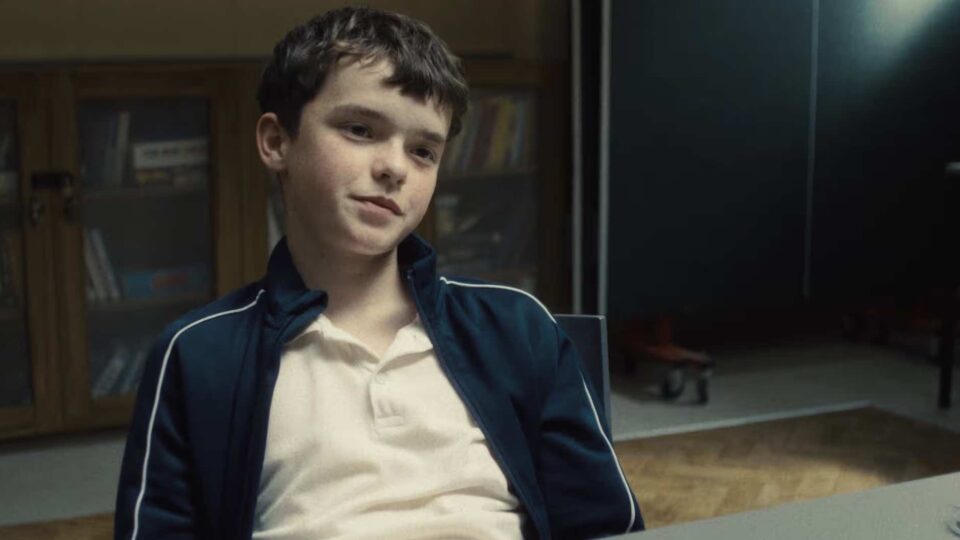In Televisual’s Summer issue, we asked five of the best directors in the industry right now about the art and craft of high-end TV and film directing.
Here’s the interview with Daniel Nettheim (The Tourist; Boat Story; Line of Duty; Broadchurch; The Messenger; Cursed; Safe; Doctor Who; Ripper Street; Humans; Tidelands; Glue)

I’ve got to be engaged in the script. I often ask myself “would I be into the show as an audience member?” If I feel I wouldn’t watch it, it’s probably not for me. I ask, “is it well conceived and well written?” But then ultimately, do I feel like I can an add value? Are there clear ways I can see that I can bring something to it? I’m looking for strong material that I can also forge a personal connection with.
When I first get the script, it’s about tapping into my first instincts. You only ever get to read the script for the first time once. So, you only ever get one chance to jot down your first reactions, both positive and negative. What do I love about it? What do I feel doesn’t work? On second and subsequent reads, you become a little bit immune to that so it’s really useful to go back and see the notes that you’ve scribbled on the script. I think first instincts are really valid.

What I like to do during pre is work towards a walkthrough about a week or so before the start of principal photography whereby myself, the DP, production designer and usually the costume designer have shortlisted all our references, put them into a cohesive document and then pinned it to the production office wall. And then we do a walkthrough usually with the producers, the execs, ideally the commissioners, any crew who have started, particularly the first AD team, even cast if they’re around. We talk through the ideas and we show them the documents because it’s a really great opportunity to pull everyone together and that also allows for further modification. You can finesse, and another part of that process is making sure
that nobody is surprised by what they see in the first day’s rushes. Or not unpleasantly surprised
at least.

I will do what I can to create time with the actors. I love to hear their first instincts. I like to share my own instincts of how that character might fit into the bigger picture of the story or the episode but, ultimately, I want each actor to have ownership of their character. I rely on them to know that character better than I do while I rely on myself to know the overall jigsaw puzzle of the episode or the series. I love to see what the actor is going to bring to it without being tainted too much by any words from me. I will step in if I need to. I don’t think there’s a wrong interpretation but there are interpretations that are going to be more or less helpful for cutting the thing together. But even with the most experienced actors, you want them to know that they’re being watched, that I’m there as an audience member for them and that I’m prepared
to calibrate or offer thoughts if I feel it could be pushed in different directions.

I have an ever-evolving vision of the finished product in my mind that I can plug into for any question that comes my way. And I can calibrate that vision for any suggestions and input. But there is always a vision there. In a way that vision is an amorphous thing. It’s hard to communicate all aspects of it in a document because it involves sound and music, what I think may or may not happen in the edit room and subtle things about tone. It’s all stuff that’s been thought out, it may have been written in various documents during pre, but it’s all there. And I think that’s why maintaining focus on set and focus on that vision is probably one of the most exhausting and draining parts of being a director.
Daniel Nettheim pic: Ian Routledge
This article first appeared in the Summer 2023 issue of Televisual magazine
Jon Creamer
Share this story

















